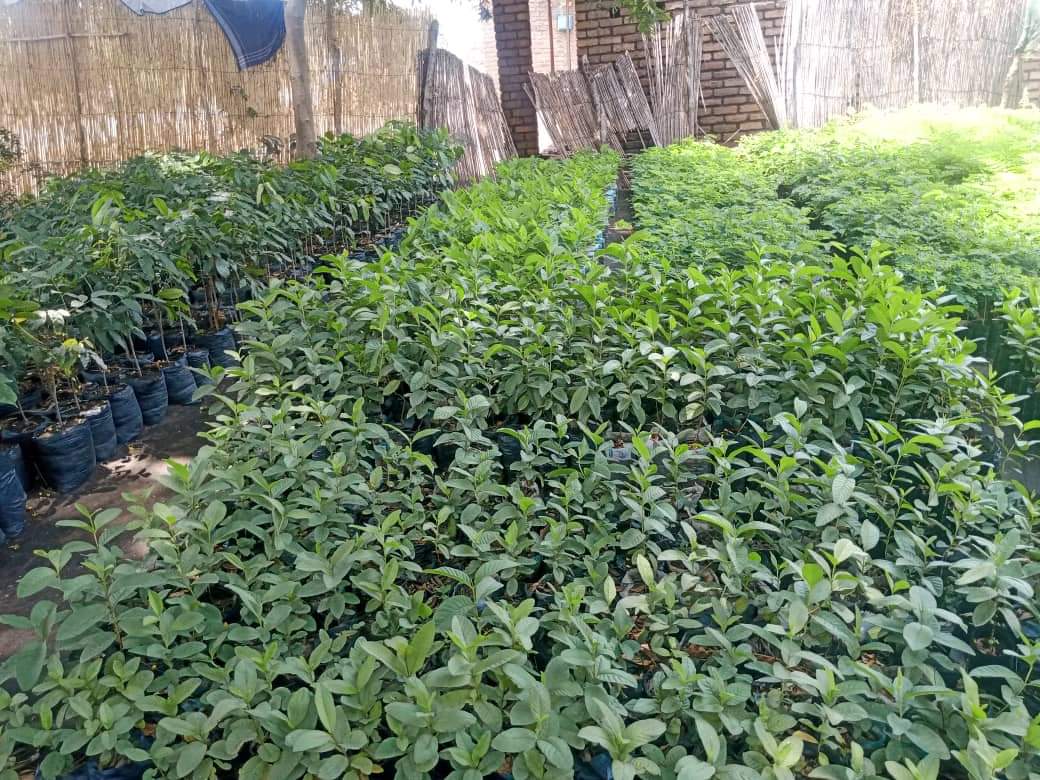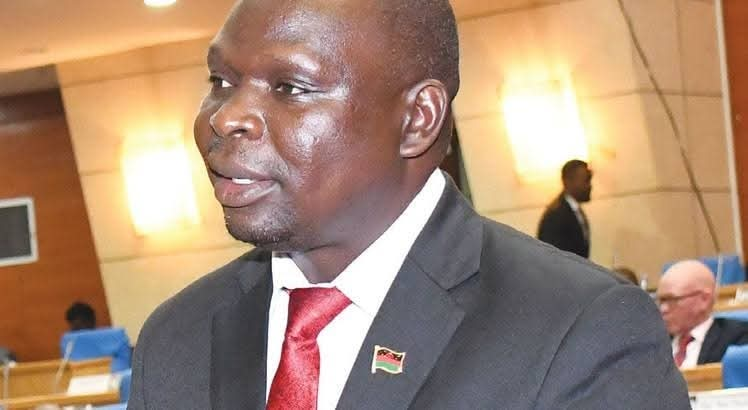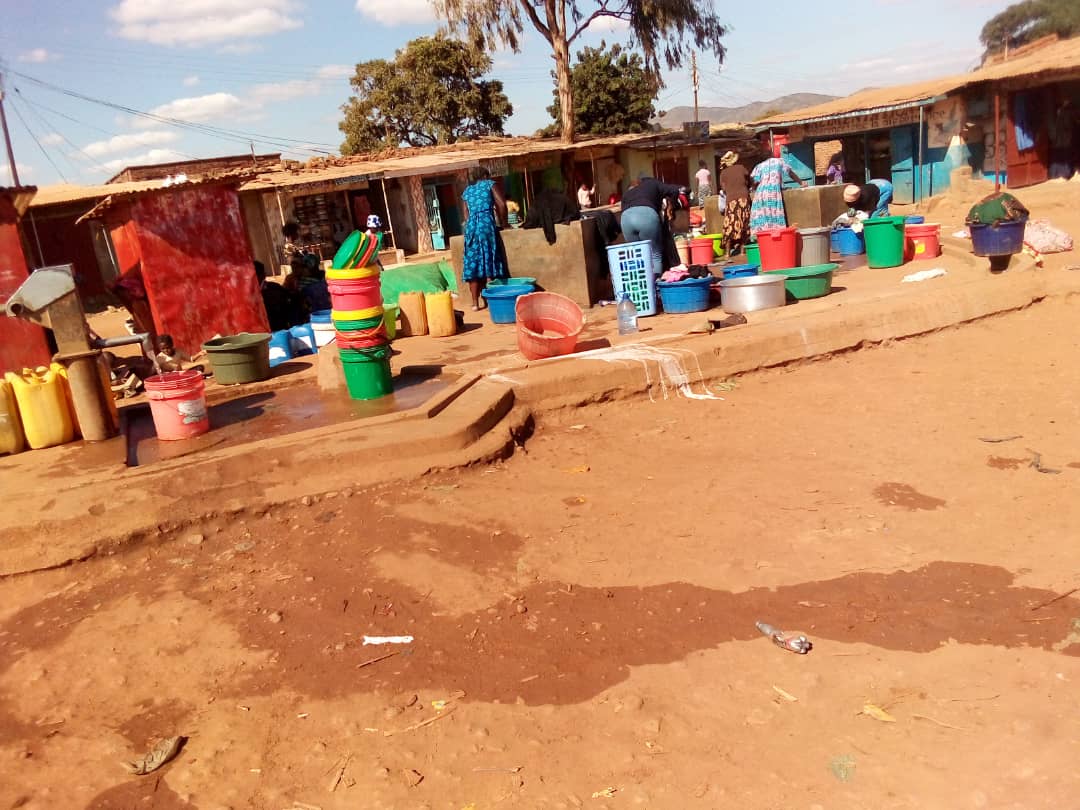By Burnett Munthali
The Wildlife and Environmental Society of Malawi (WESM) has called on communities across the nation to unite in the fight against climate change, emphasizing the importance of collective action in addressing the environmental challenges Malawi faces. Rashid Malandula, WESM’s National Coordinator, highlighted this message as he endorsed the Dwangwa WESM Branch’s ambitious plan to plant over 100,000 indigenous and fruit trees during the 2024-25 forestry season.
Malandula emphasized that climate change impacts are increasingly evident in Malawi, affecting agriculture, water resources, and livelihoods. He urged Malawians to embrace sustainable practices that will benefit future generations and reduce the ongoing degradation of natural resources. “The effects of climate change are real and urgent, and it is up to us as communities to take the lead in protecting our environment. Planting trees is one of the most effective ways we can contribute to climate resilience,” he stated.
The Dwangwa Branch’s tree-planting campaign will focus on increasing the number of indigenous trees, which are crucial for local ecosystems, as well as fruit trees that can provide additional food and income sources for communities. This initiative is expected to positively impact forest cover in Nkhotakota and surrounding areas, contributing to soil conservation, water retention, and improved air quality.
Local leaders and community members have expressed enthusiasm about the project, recognizing the benefits it will bring to the area. According to WESM, this initiative aligns with broader national efforts to combat deforestation and promote reforestation as Malawi seeks to meet its environmental sustainability goals.
Malandula encouraged community members to support the tree-planting efforts, as well as other environmentally friendly activities, noting that united efforts can make a lasting difference. He also highlighted the need for ongoing education and awareness around climate change, urging citizens to adopt eco-friendly practices in their daily lives.
With the upcoming tree-planting season, WESM remains committed to fostering environmental stewardship and inspiring collective action to protect Malawi’s natural heritage for future generations.




